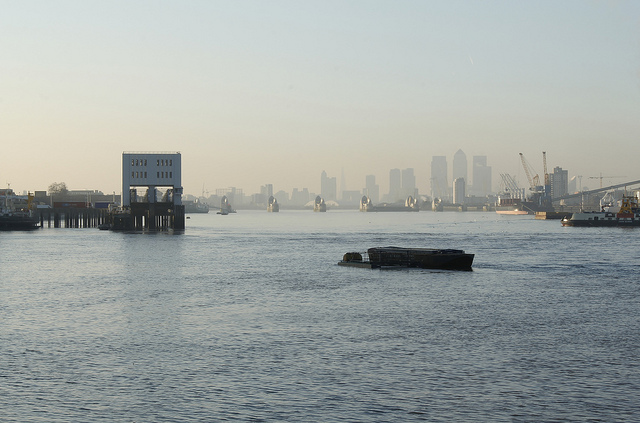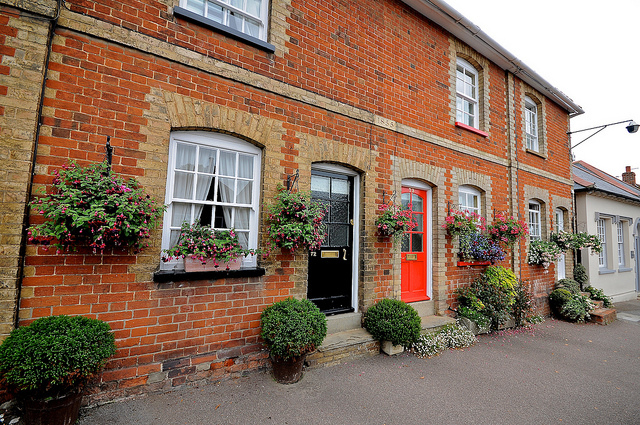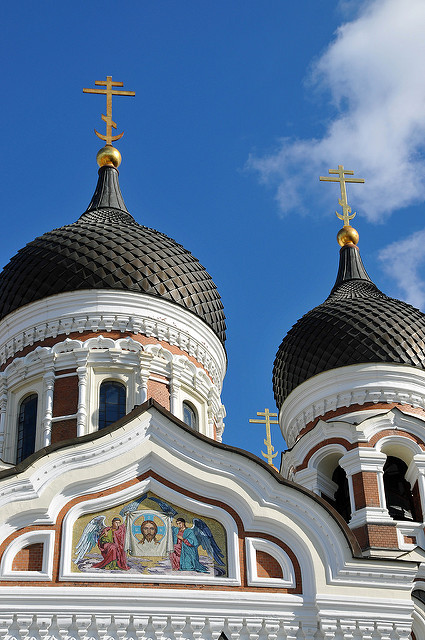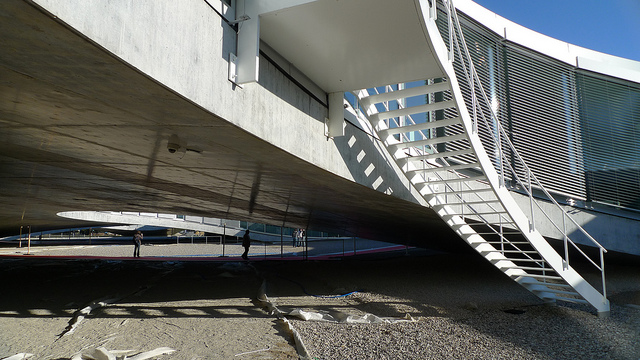The EU's border agency Frontex says that a record number of asylum seekers have entered the EU by sea and on foot in 2014. So far, Frontex estimates the total at about 60,000.
The migrants have travelled via eight main migration routes, the most popular being the Central Mediterranean route which brings migrants by boat from North Africa to the Italian island of Lampadusa.





